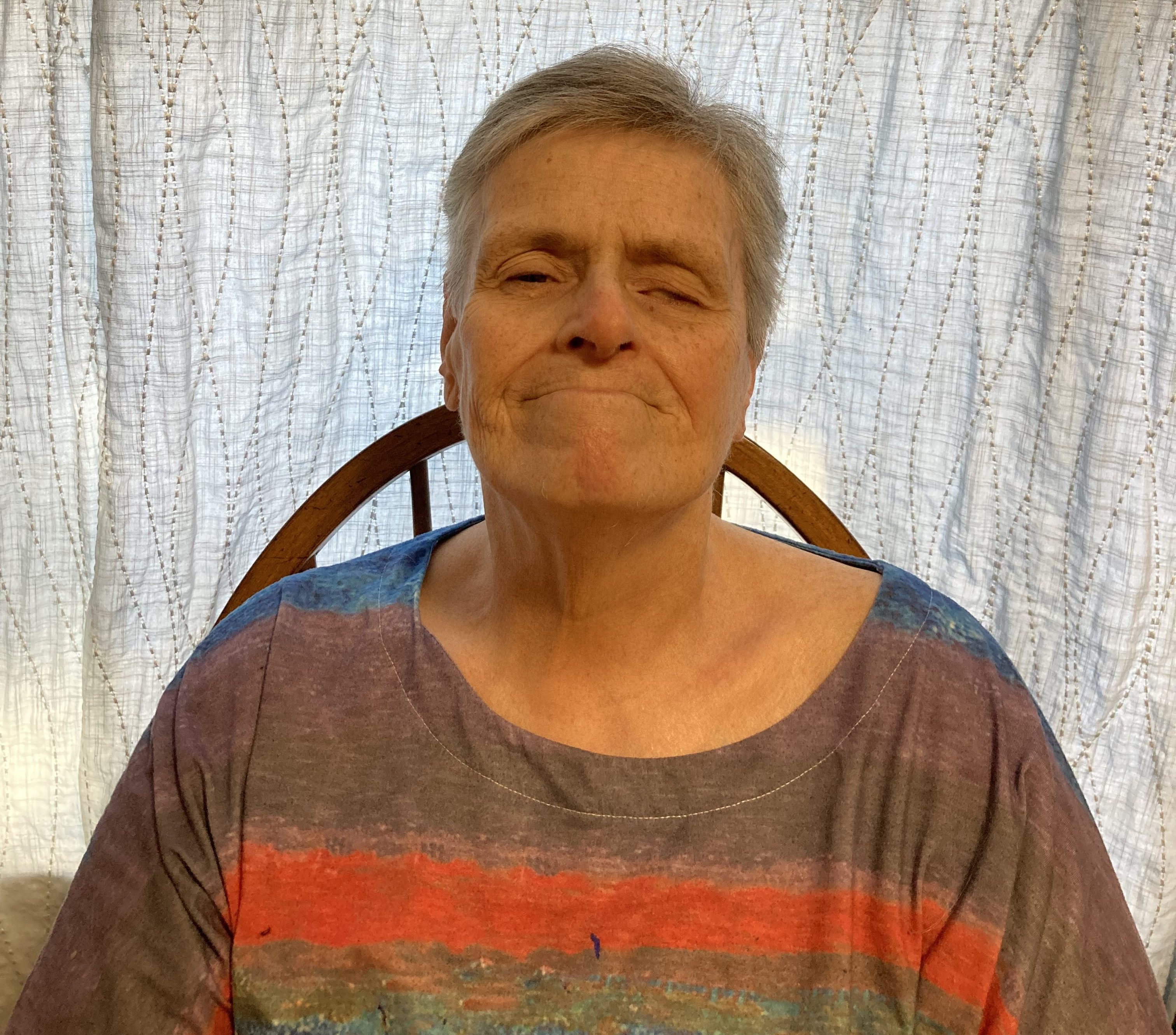Linda LaCourse has been supported by Allies for more than 20 years. Throughout her life, Linda has dedicated herself to advocating for the rights of the disabled.

Linda came to Allies in the early 2000’s, at 53. Since then, Linda has done work as a congressional advocate for the disabled population of New Jersey. As part of the celebration for Allies’ 25th anniversary which commenced earlier this year, Allies leadership spoke with Linda to learn more about the advocacy work she has participated in and how the world has moved forward since she began getting involved.
Growing up in Morristown in the 1960’s and 1970’s, Linda can see how much progress has been made in the area of caring for and supporting people with intellectual and developmental disabilities.
“[Growing up then] was very hard,” LaCourse said. “Very few people trusted you outside of your own family.” Since 1974, the way the world treats individuals with disabilities has “definitely gotten better,” LaCourse said.
When LaCourse arrived with Allies, she began to truly exercise her independence. Because of boundaries that were in place in prior living arrangements, LaCourse felt she was unable to be independent or discuss problems.
When she first arrived with Allies, LaCourse would act conservatively and always waited for instructions from the staff working with her. As time went on, LaCourse grew her independence and confidence and became a leader at her group home, as well as an outspoken advocate for people with disabilities.
“Allies is an extremely loving and caring agency,” LaCourse said.
Since Linda has become involved with Allies, she has done advocacy work with TASH. This advocacy work has involved Linda taking trips to Washington DC. On two occasions, LaCourse traveled to the capital for 2 weeks. On these trips, LaCourse spent the day participating in advocacy training during the day and going on tours and seeing shows in the evenings.
Things have gotten better since 1974, but there is still a ton of room for improvement regarding the way society treats individuals with intellectual and developmental disabilities. To increase conditions for the direct support professionals, LaCourse would like to see higher pay for DSPs across the industry.
“I see the impact working long hours can have,” LaCourse said. “No one should have to work two or three jobs just to get by.”
In order to improve conditions and pay, LaCourse urges all readers to write to their elected officials to directly ask for increased resources for DSPs and other professionals who perform similar roles.
Looking toward the next 25 years, LaCourse has some words of encouragement for Allies and other provider agencies.
“Keep on loving us, keep being compassionate, and keep letting us have as much independence as possible,” LaCourse said. “We are living in the community, and we are shutting down institutions.”
